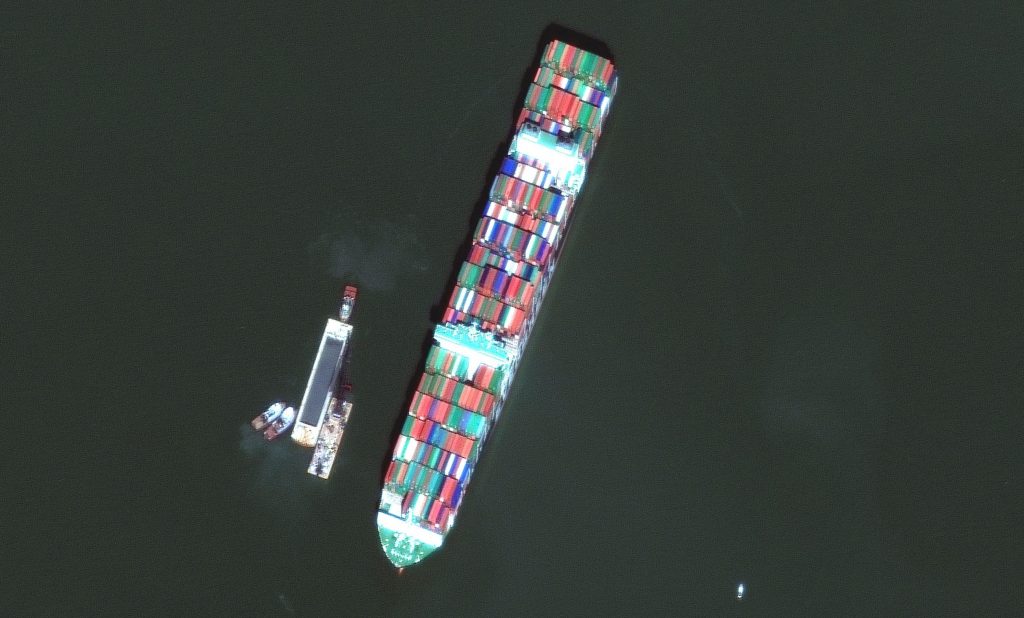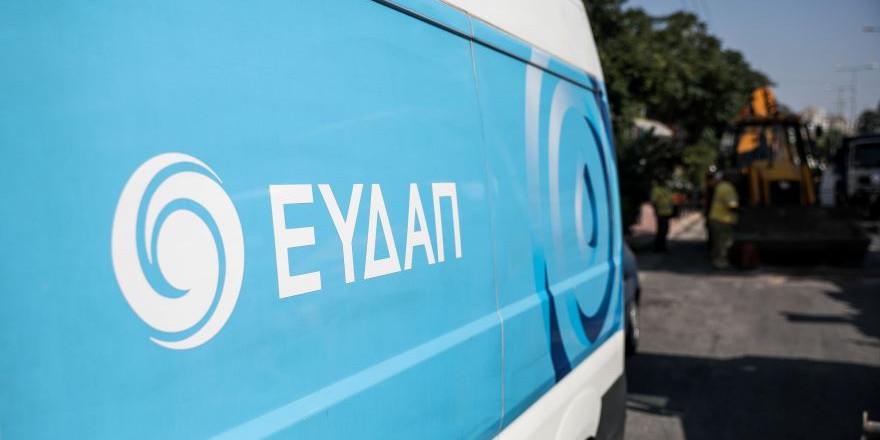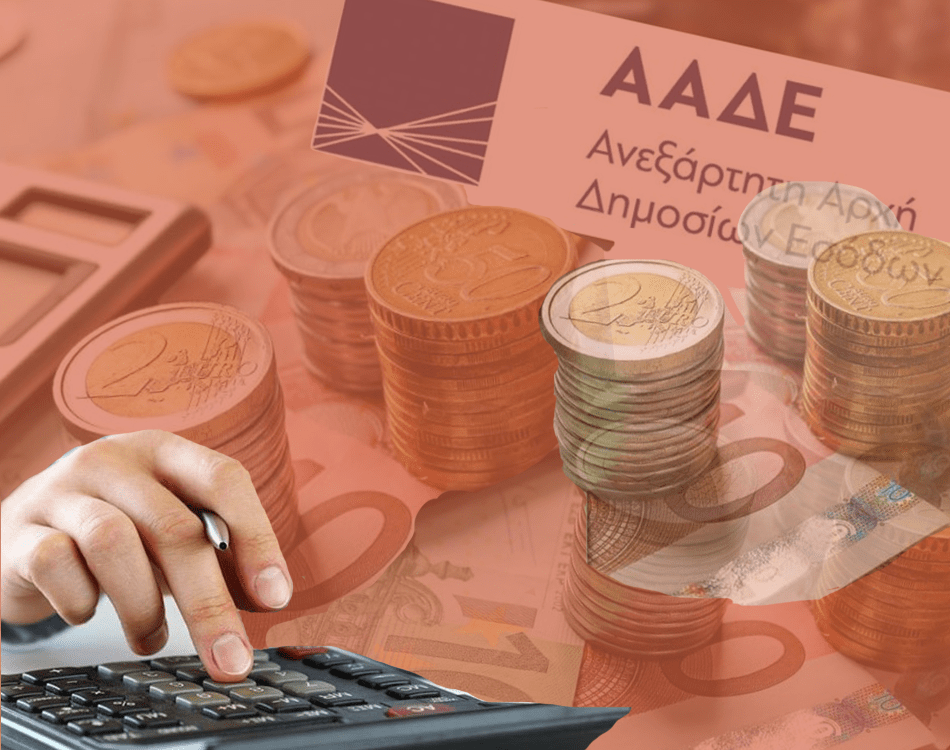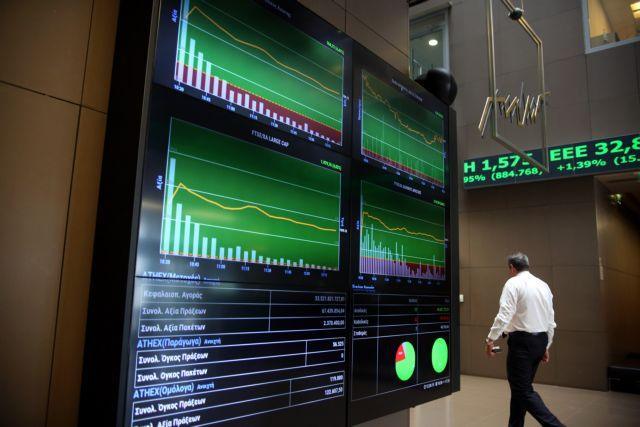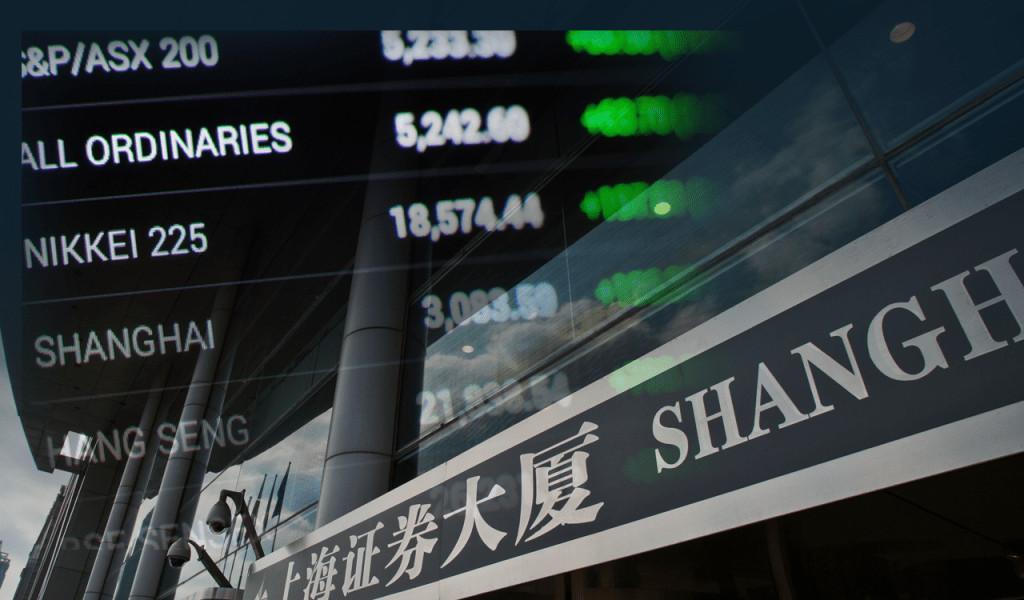Gradually the global shipping industry is coming to terms with the position that charterers should be responsible for paying for greenhouse gas emissions from ships. A recent example is BIMCO, one of the largest shipping organizations in the world that comes close to the position of European (Ecsa) and Greek shipowners (Hellenic Shipowners Association) who have proposed, and this has been accepted by the EU, that the cost of purchasing carbon emissions should be passed on to traders (charterers) and not to shipowners.
In its announcement, BIMCO states that overcoming barriers to transition may be the most important issue facing the shipping industry on its way to getting rid of carbon emissions.
As the regulatory landscape continues to change, BIMCO supports the International Maritime Organization’s Initial Strategy and its vision and goals, but believes that more ambition is needed. Therefore, BIMCO supports the goal of clean zero carbon for shipping by 2050.
The division of responsibility for coal pricing
An important issue is the allocation of responsibility for coal pricing. BIMCO makes it clear that the commercial part of a charter contract, which is responsible for determining the speed and route of a ship, should also take care of emission allowances or credits under a market-based measure (MBM).
“We believe that in the case of a time charter agreement, this responsibility should be borne by the charterer and in the context of a voyage charter, it should be on the part that binds the vessel to the voyage charter,” says David Loosley, General Secretary of BIMCO.
It is recalled that the Hellenic Shipowners’ Association had welcomed the report of the European Parliament (EC) rapporteur, MEP Peter Liese, on the revision of the European Union (EU) Emissions Trading Scheme (EU ETS) in the framework of the “Fit for 55” legislative package, which takes into account, to a large extent, the concerns of shipping, recognizing the crucial role of commercial operators for shipping and its carbonization, in line with the “polluter pays” principle a Shipping Specialist Fund.
The Hellenic Shipowners Association, the statement said, mainly represents shipowners operating in bulk / tramp shipping, which is the largest and most efficient sector in the shipping industry, carrying about 85% of total tonnage cargo worldwide. In bulk / tramp shipping the charterers are usually the commercial operators, where thousands of shipping companies, mainly Small and Medium Enterprises (SMEs) compete under conditions of almost absolute competition and where the shipping companies do not set the price takers. It is therefore important that charterers, as commercial ship operators, assume responsibility under the “polluter pays” principle.
